Myanmar, July 6 (v7N)- Estelle knew she had to escape Myanmar. The military junta had recently announced conscription to strengthen its forces against multiple armed groups, leaving her terrified of being forced to fight. The former government worker, whose name has been altered to protect her identity, is among thousands who decided to flee their homes after the mandatory military service law was announced in February and enacted in April.
Many risked their lives trekking through jungles and crossing rivers into neighboring countries without documentation due to increasing restrictions by the military on formal exits. Others fled to areas controlled by armed groups opposing the military or joined these groups themselves. This mass exodus occurs as the military regime faces its most significant crisis since the 2021 coup, which ignited widespread protests. These demonstrations, met with a brutal crackdown, evolved into an armed resistance movement, with newer anti-coup forces joining many of Myanmar’s autonomy-seeking ethnic armed groups, posing the most substantial challenge to the military in decades.
The UN Human Rights Office reports over 5,000 people killed by the military since the coup, including more than 1,000 women, and around 3 million people displaced. Estelle had to sneak out of the country because her involvement in the Civil Disobedience Movement post-coup resulted in international travel restrictions. She and a friend paid around $280 each to travel from Mawlamyine to the Thailand border and hired a smuggler to cross the Moei River. “It was just the two of us girls with a man we didn’t know,” Estelle said. “We were scared of being arrested or trafficked.”
Despite being 36 and outside the conscription age range, and women being exempted for the time being, Estelle is not returning. “That’s just words,” she said. “We never know when they will create difficulties for us.” The junta, accused by Western governments of systematic atrocities, dismisses these claims as misinformation, stating it targets “terrorists.”
The junta aimed to conscript 5,000 people by the end of April and 60,000 by year’s end. Men aged 18 to 35 and women aged 18 to 27 are eligible, with age limits extending to 45 for men and 35 for women in specialized roles like doctors. A July report by UN Special Rapporteur Tom Andrews highlighted increasing reports of trafficking of women and girls following the conscription law. “Women are using dangerous channels to flee the country amid fears of conscription, risking trafficking and other exploitation,” Andrews wrote.
For Catherine, a 23-year-old florist and office worker, the military's call-up is unacceptable. “Military conscription laws in other countries protect against external threats, but here, it forces us to kill our own people,” she said. Catherine is trying to get a passport amid a surge in demand since February.
The military conscription compounds an economic crisis causing currency devaluation and unemployment. The World Bank noted women were particularly hard hit post-Covid pandemic and coup. Moon Nay Li of the Women’s League of Burma stated that displaced women face early or forced marriage and heightened domestic violence risks. “There is no safe place for women and girls,” she said.
Reign of Fear and Forced Recruitment
In his report, UN Special Rapporteur Andrews said women, girls, and LGBT people were acutely vulnerable to discrimination, violence, and exploitation since the coup. “Sometimes, I feel mentally exhausted,” said Catherine. “I’m scared to go out alone, even to get a coffee.”
Reports indicate local officials under the military’s administration are compiling lists of eligible women for conscription, which the military denies as “fake news.” However, the Burma Affairs and Conflict Study (BACS) advocacy group found women likely to be included in the fifth batch of conscripts in August. Min Htet Aung from BACS said women face unique risks of discrimination and sexual abuse within the military.
Women have been at the forefront of the 2021 coup resistance and joined armed groups fighting the military. One-fifth of Myanmar’s 20,000 political prisoners are female. Rohingya women, denied citizenship and thus exempt from conscription, still face conscription threats. Over 1,000 Rohingya men and boys have been conscripted since February through abduction and false citizenship promises, affecting their households' welfare.
On May 3, the military barred conscription-age men from seeking employment abroad, threatening jail for those avoiding conscription. The army forcibly recruits people from homes, checkpoints, tea shops, and bars, often threatening parents of those who flee.
The International Organization for Migration in Thailand noted a nearly 30% increase in people crossing from Myanmar between January and February, with women more likely to cross without documentation. In eastern Shan State, three ethnic armed groups have introduced mandatory service, two of which conscript women. Fear of conscription drove 16-year-old Christine from her home, leading her to Malaysia where she now hides, afraid of arrest.
Estelle also struggles in Thailand without legal entry, but she won’t return until the junta falls. “I hope the revolution will succeed quickly, and I can return home soon.
END/CHM/SR/





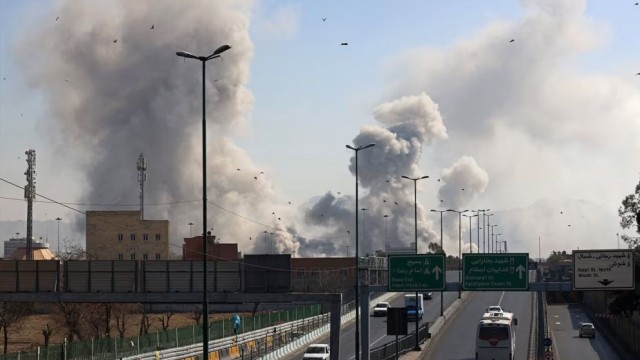
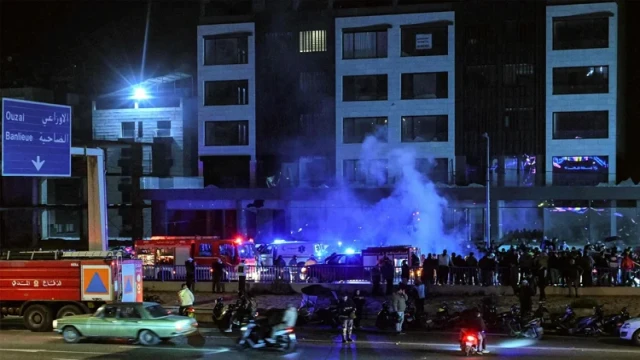

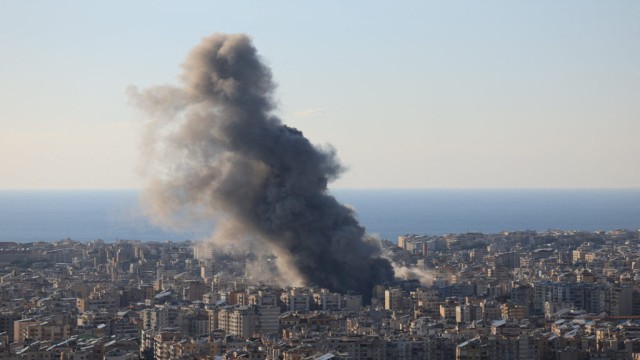
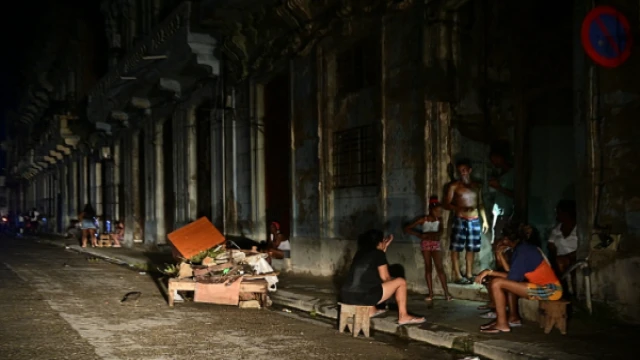




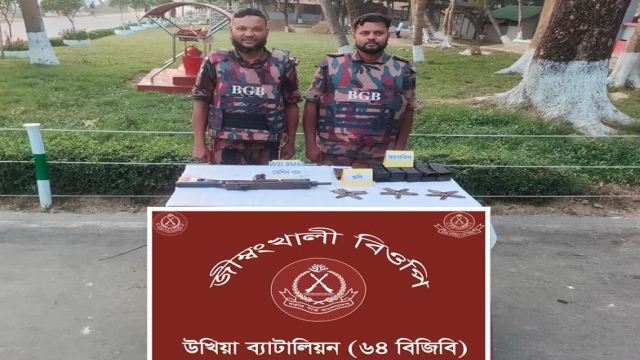
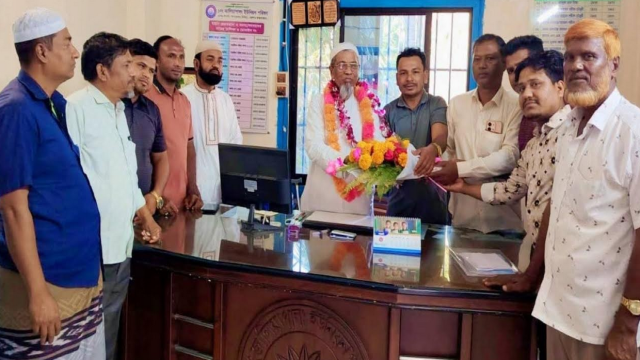
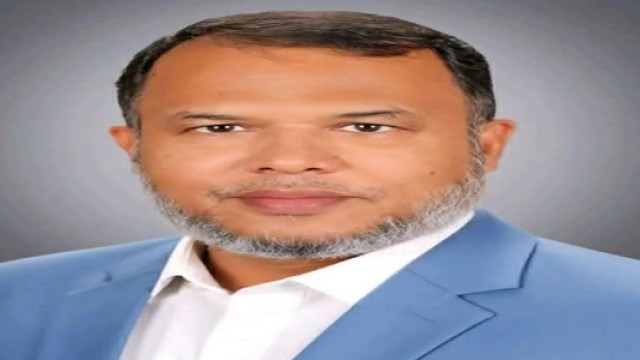

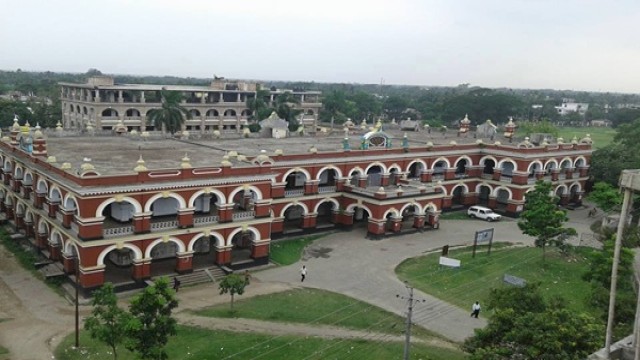




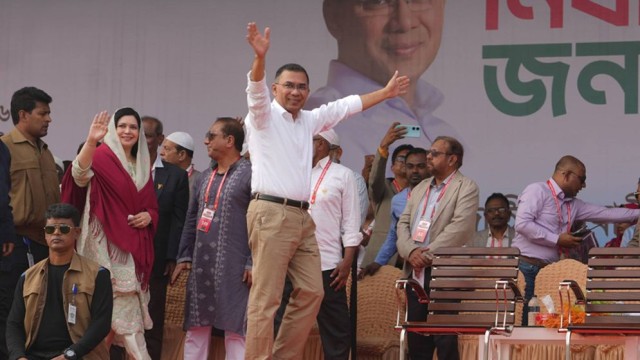
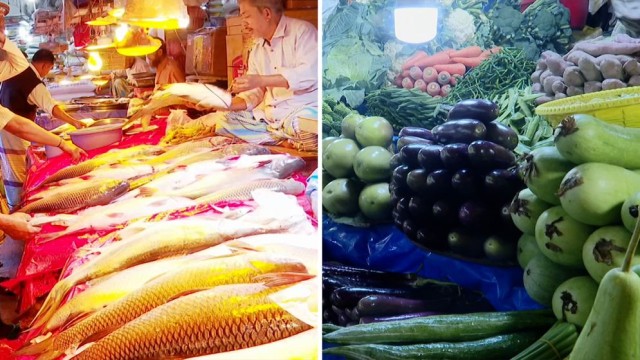
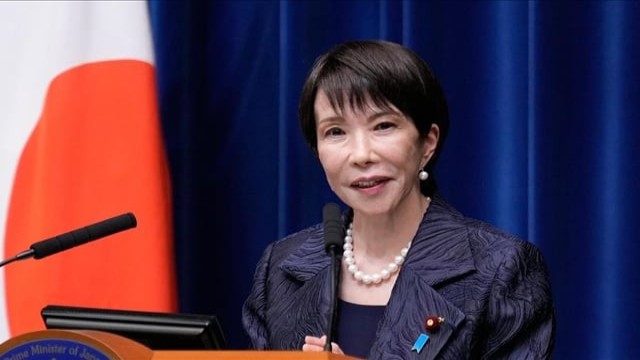

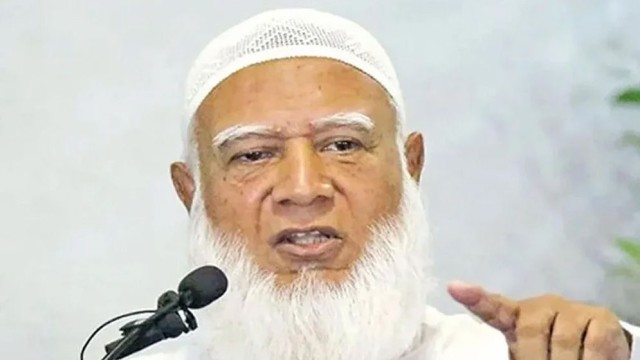
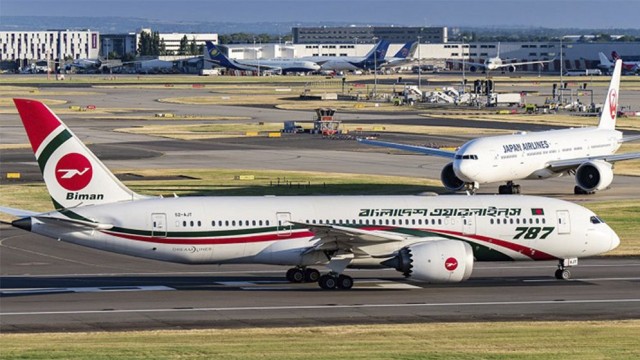
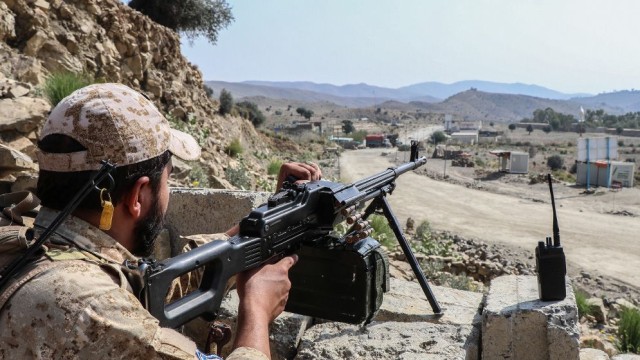
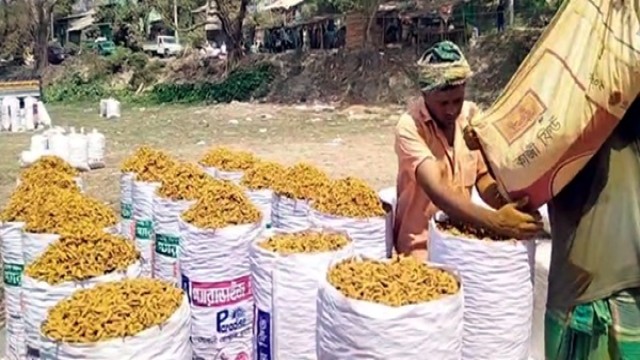
Comment: